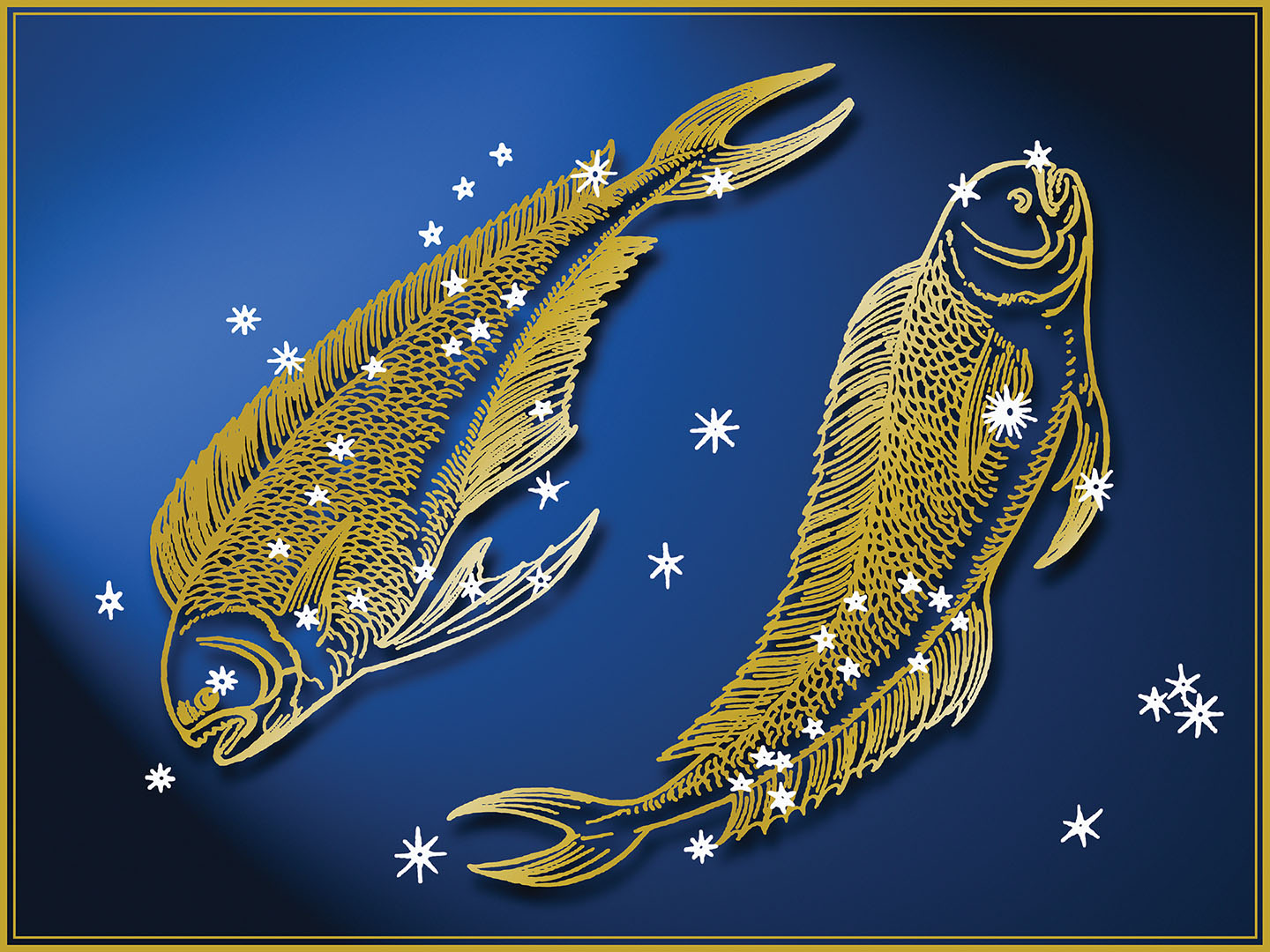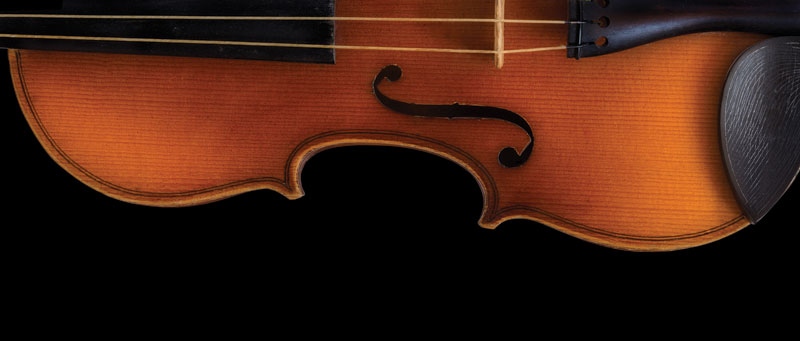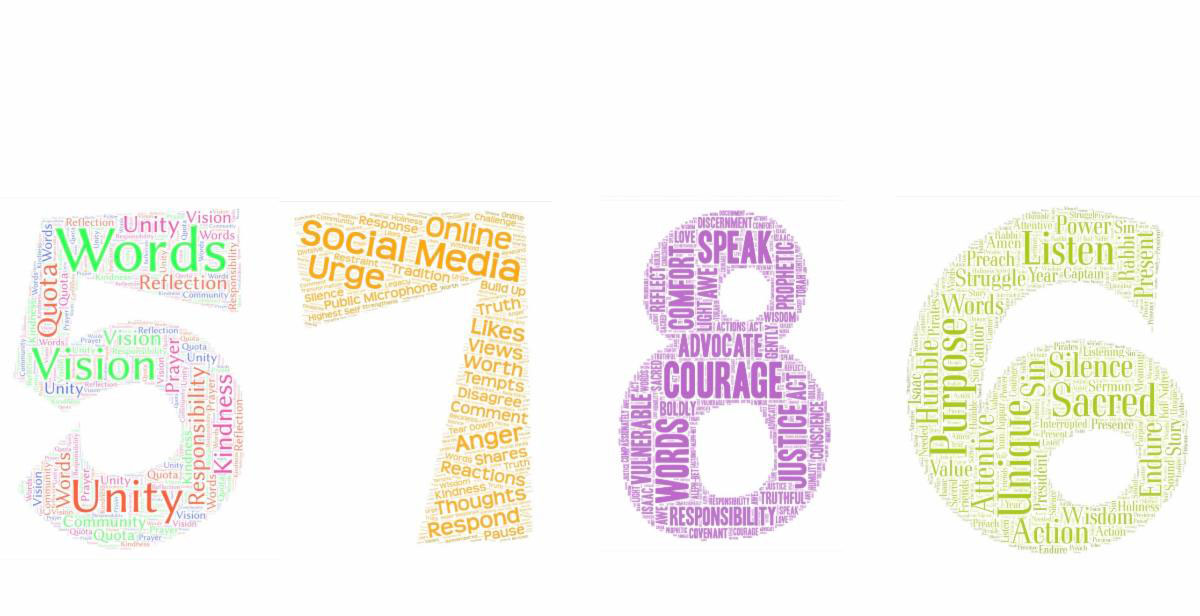
When asked to picture an image that represents the essence of Purim, one is likely to immediately conjure up a mask, gragger or, for the strong-stomached among us, a prune-filled hamantaschen. A sign of the Zodiac wouldn’t even make the list.
Yet the ancient rabbis sensed in Pisces, the icon of two fish that represents the time of the year in which Purim falls, a reflection of the festival’s spiritual messages and of the Jewish people themselves.
The ancient rabbis sensed in Pisces, the icon of two fish that represents the time of the year in which Purim falls, a reflection of the festival’s spiritual messages and of the Jewish people themselves.
The 13th-century sage Eleazar of Worms, known as the Rokeach, noted that likely Haman rejoiced when the lottery he rolled to determine the date for his decree to destroy the Jews fell during this season. After all, fish swallow one another, just as his Jew-hating forces would consume the Children of Israel. Even the key phrase of his orders, “le-hashmid ve-laharog,” to destroy and kill, ends with a daled and gimmel, the Hebrew letters which spell dag, fish. Unfortunately for Haman, the Rokeach continued, the continuation of the plan … la-harog u-le’abed, to kill and annihilate, end in the letters in reverse order, spelling gad, the Hebrew word for luck. Providence, disguised as luck, ensured that the events would unfold in favor of the Jews, resulting in Haman’s own defeat.
The Children of Israel themselves have long been associated with fish throughout the Bible and rabbinic writings. The blessing given by Jacob to Joseph’s children in the closing chapters of Genesis includes the wish that they “increase greatly, ‘ve-yidgu,’ on the earth,” a phrase that evokes dag, wishing for them the fecundity characteristic of fish. The father of Moses’ protege, the Israelite hero Joshua was Nun, which translates to fish in Aramaic. Jonah was swallowed by a massive fish, saving him from drowning after he initially refused to deliver God’s message of repentance to Nineveh.
Fish as moral and religious models are found throughout classical rabbinic texts as well. The Talmud in Tractate Brachot adds that just as the Evil Eye, a metaphysical force representing jealousy and ill-will cannot affect fish, some Jews too are impervious to its negative powers. No surprise then that many have the custom to eat the head of a fish on Rosh Hashanah, starting the year off by associating our spiritual aspirations with what they represent. Some even make a point of eating fish every Shabbat since they were the first living creatures who inhabited the earth, the first source of vitality in history.
Tractate Shabbat records that: “Rav Yehudah said in the name of Rav: He who delights in the Sabbath will be granted his heart’s desire, as it has been said: “Delight in God and He will grant your heart’s desire” (Psalms 37:4). This delight in God shall be understood by reference to the prophet Isaiah: “You shall call the Sabbath a delight,” and it concerns, therefore, the delight in the Sabbath. How does one delight in the Sabbath? Rav Yehudah, son of Rav Samuel bar Shilat said in the name of Rav: With a course [of] spinach-beets, large fish and garlic cloves. Rav Hiyya bar Ashi said in the name of Rav: Even a modest meal, if prepared in honor of the Sabbath, is a delight. What might this be? Said Rav Papa: A pie of fish-hash (small fish prepared with flour and fish jelly).”
Rabbi Zevi Elimelech of Dynow, the 19th-century Polish scholar, noted that, “We find in the Biblical story of the creation that three things were blessed on three successive days. The fishes were blessed on the fifth day, mankind was blessed on the sixth, and the Sabbath-day was blessed on the seventh day. This is ‘the three-fold cord that is not quickly broken’ (Ecclesiastes 4:12). That is why man eats fish on the Sabbath, so that he may be blessed with the triple blessing.”
The 17th-century scholar known as the Maharal of Prague has noted that fish in water don’t make sounds audible to the human ear, modeling humility. After all, as Rabbi Shimon ben Gamliel teaches in Ethics of the Fathers, “I have not found something better for a person than silence.” The Minchat Yaakov adds that just as fish have no eyelids, the eyes of God are always open, looking out for His people.
Fish are thus tied to the Jewish people generally, and the Purim story in particular. Joshua son of Nun defeated Amalak, Haman’s ancestors, in battle in the Book of Exodus. The evil vizier’s plot is foiled by Esther, who, suggests the contemporary Israeli rabbi Baruch Rosenblum, hidden like a fish in the deep, kept silent in hiding her Jewish identity after she was taken to Ahaseurus’ palace, allowing her to be in position to save her people.
While I wouldn’t necessarily recommend packaging some salmon inside the Mishloach Manot you give to friends this Purim, it is still worth taking a moment amidst the festivities to ponder the surprisingly deep spiritual associations made between the Jewish people and those creatures of the sea.
Rabbi Dr. Stuart Halpern is Senior Adviser to the Provost of Yeshiva University and Deputy Director of Y.U.’s Straus Center for Torah and Western Thought. His books include “The Promise of Liberty: A Passover Haggada,” which examines the Exodus story’s impact on the United States, “Esther in America,” “Gleanings: Reflections on Ruth” and “Proclaim Liberty Throughout the Land: The Hebrew Bible in the United States.”


































